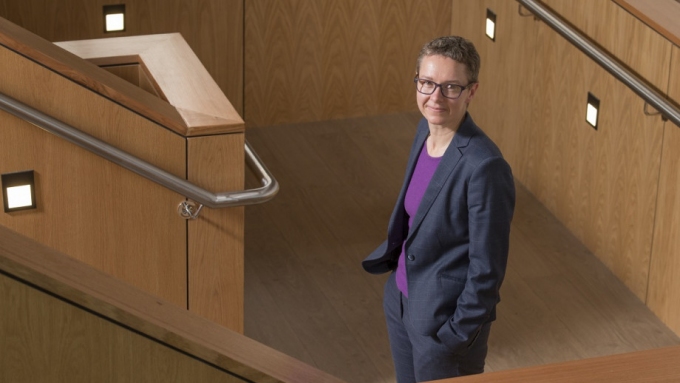An Australian National University (ANU) quantum physicist and cybernetics expert who is changing the way we think about engineering has been recognised as one of 25 Australian trailblazers in the field.
Dean of the ANU College of Engineering and Computer Science Professor Elanor Huntington has been elected as a 2020 Fellow to the Australian Academy of Technology and Engineering (ATSE). She joins some of the country’s leading innovators in engineering and technology.
ATSE says the new Fellows’ work “is changing the world for the better”.
“ATSE Fellows are elected by their peers for outstanding contributions to advancing engineering, technology and applied science: these are the best of the best,” ATSE President Professor Hugh Bradlow said.
Professor Huntington’s Fellowship recognises her “historic breakthroughs in quantum computing”, including proving certain light beams can be destroyed, teleported and then perfectly reassembled at another location.
The technique can be applied to build the most powerful computers ever created.
“Professor Huntington also has a radical vision of how engineering and computer science must change to meet the needs of the future and is working to bring it about,” her citation reads.
“She is a passionate advocate for equality, and for integrating insights from the humanities into STEM fields to ensure they change society for the better.
“A leading thinker in the field of quantum cybernetics, she has been appointed to many national boards and agencies.”
Professor Huntington said: “It’s my honour and privilege to have been elected to join a fellowship of remarkable people who are passionately committed to helping all Australians understand and use technology.
“ATSE has a well-earned reputation for making a positive difference in the world and I’m excited at the prospect of being able to contribute to that.”
As Dean of the ANU College of Engineering and Computer Science, Professor Huntington is now looking to the horizon, and making sure engineering, computing and technology continue to improve all our lives.
“We are now living in the Anthropocene, where our ecosystem is largely a consequence of the accumulation of human interventions on our environment,” she said.
“As the physical, digital and environmental worlds converge, the role of engineers has never been more profoundly important - we are the people who are making the world around us. The critical question is, can we make the kind of world that we all want to live in?
“I hope that ANU will become one of the most influential and progressive voices for engineering, computing and the use of technology in the world.”

